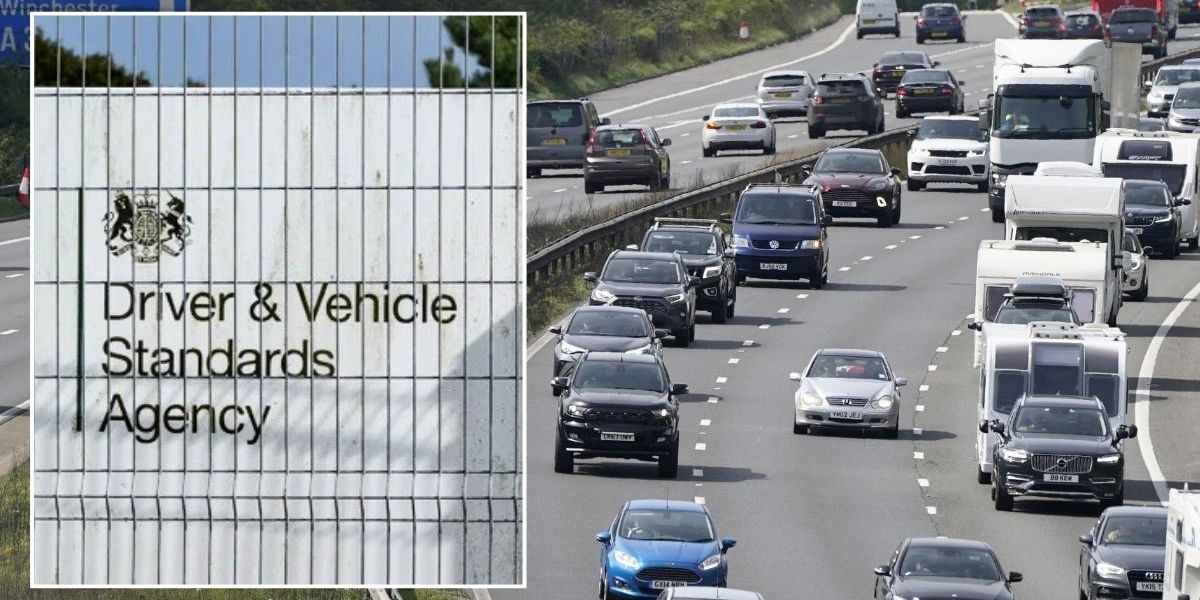Experts are calling on the DVSA to introduce new reforms to ensure all road users are tested properly before they are allowed to hit the streets.
At the end of 2024, the Driver and Vehicle Standards Agency (DVSA) announced a host of new changes to improve the system of booking and taking a driving test.
Some of the new proposals included hiring 450 new driving examiners, reviewing the rules for booking driving tests and consulting on the amount of time someone needs to wait before they book another test.
The DVSA will also increase the amount of notice people need to give to change or cancel their car driving test without losing their fee to 10 working days.
Do you have a story you’d like to share? Get in touch by emailing[email protected]
Experts have called for the DVSA to introduce new reforms to the tests
GETTY
Lilian Greenwood, Minister for the Future of Roads, said the changes were necessary to clear the backlog of people waiting for a driving test, which has been in place since the pandemic.
Despite the plans to slash waiting times for driving tests and improve the overall system of dealing with tests for examiners, some industry experts are calling for more changes to be introduced.
Craig Carey-Clinch, executive director of the National Motorcyclists Council, said: “It is clear that a fundamental review is needed.
“This is not about ripping everything up and starting again, but learning from what works and what doesn’t work, to create an evolved system that is fit for purpose and much easier for novice riders to understand and access.”
According to Visor Down, the average waiting test for a motorcycle practical test is between one and three weeks. This is much shorter than the long delays drivers have to put up with for a car practical test.
Some have noted that a handful of changes to the practical motorcycle test have been introduced over the last 40 years, although they have made the process “more complicated and off-putting”.
Once a rider has passed their theory test, they will also need to pass the module 1 (off-road) and module 2 (on-road) tests with a total cost of at least £90.50 or as much as £104.
This is in addition to the £23 theory test. Anyone with a disqualified licence will need to take an extended on-road test which costs £150 on weekdays and £177 on evenings, weekends and bank holidays.
The National Motorcyclists Council issued a report which called for a “fresh approach” to the motorcycle licence which called for changes to the Compulsory Basic Training (CBT) syllabus, as well as requiring theory and hazard perception testing for novice riders.
Another recommendation was for the DVSA to incentivise access to post-test training which would encourage riders to enhance their skills further even when they have been on the roads for a few years.
The NMC called for an “evolution” to the testing and training regime, while not diluting standards or removing aspects which work to make motorcycling safer.
Carey-Clinch continued, saying: “With motorcycle safety such a high priority, we urge Ministers to give the Group the tools it needs to develop a motorcycle licensing regime that improves safety, rewards progress and is more accessible.
LATEST DEVELOPMENTS:
The National Motorcyclists Council has recommended several potential changes that could help the industry
PA
“Also taking account of future changes in technology and rider needs as motorcycling and training practice continues to evolve.”












